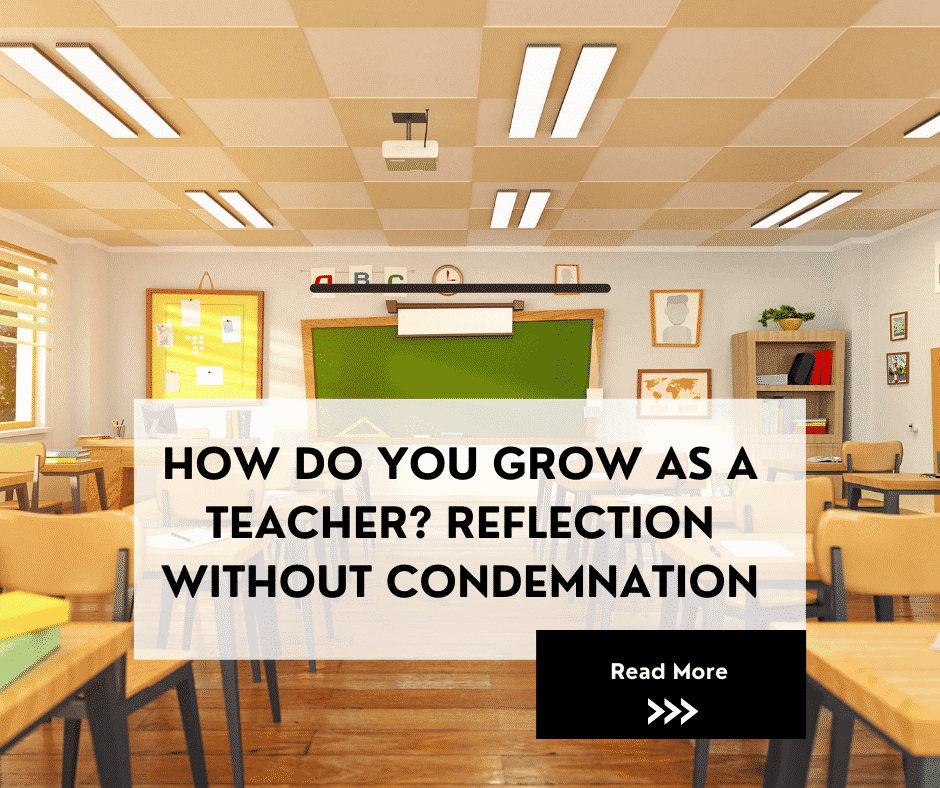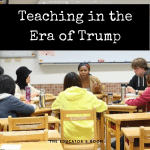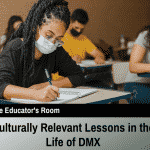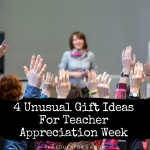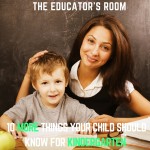When I look back on my early years as a teacher, I have moments that I remember and literally cringe at, thankful for how far I have come. Not from the typical woes of learning this craft, but at my previous mindset, something I said or did, or something I wouldn’t dare teach now. Without allowing transparency to turn into a self-beration, I admittedly have been guilty of all three of these situations on many occasions. The simple truth of the matter is, the more we know, the more we grow. Self-reflection is a necessary part of being a life-long learner but is extremely important to embark on this never-ending journey to better ourselves with reflection and not with condemnation.
“Mistakes are masterful teachers. “ – (Nas)
Teachers who learn to reflect and not condemn their own mistakes are the ones who can truly call themselves “master teachers.” I came into teaching with the mindset that I wanted to be the teacher that influenced lives like so many influenced mine. Noble, right? The problem with this mindset is that I was trying to emulate others instead of trying to find what kind of teacher I could or should be myself. I cringe at some of the things I tried to emulate: embodying the grammar guru, fail…sticking to the five-paragraph essay as if it were the holy grail of exposition, fail…teaching some pieces from “the canon” that I neither understood, appreciated, or even liked, epic fail. Not to say I didn’t learn and utilize a ton from the “master” educators, but like many, I needed to carve my own lane before I ventured into the lanes of teaching veteran teachers had vetted and perfected.
“You make your mistakes to learn how to get to the good stuff.” – (Quincy Jones)
When I first began to teach Shakespeare, I was teaching it from a place of “this is what we are supposed to do.” I was told that it must be taught at every grade level, and to fail to do so was robbing students of a true literary experience. While I am an admitted lover of Shakespeare, I made many assumptions about myself and my students as I proceeded to teach it. I cringe at the countless assumptions I made. About myself, I did not fully appreciate Shakespeare’s contributions to the English language, the number of historical elements infused in the works, and the subtle allusions I was missing without truly doing a deep dive into each work. About my students, I assumed they would immediately be turned off by the author’s name, that they may not be able to truly grasp the plots, themes, and complex characters, and also assumed that they would not be able to relate the works to their own lives. I quickly learned from these many mistakes by learning along with the students until I knew the plays inside and out. My go-to was and has always been Othello. Racism, sex, betrayal, and the archetypal two-faced villain in the character of Iago? What student could resist?
“It is in the character of growth that we should learn from both pleasant and unpleasant experiences.” – (Nelson Mandela)
I remember one incident where I was attempting to establish a rapport with a student wherein proceeded to ask in a private conference how old he was. Innocent enough, right? As I reflect, the problem was that it was obvious that this student was not only much older than the others based on many physical characteristics but that my asking that could have made this student feel I might have already made assumptions about his intellect based on this question. Of course, I found out that the student was not one, but two years older than the rest of the class based on where his birthday fell and the fact that had been held back. He actually graduated at age twenty. I cringe when I think about what must have been going through his mind being confronted by a teacher about something he may or may not have been embarrassed by. Simple things like this make me reflect on the many other things I might have said that I thought were innocent questions, justifiable statements, or even light-hearted bantering.
“By three methods we may learn wisdom: First, by reflection, which is noblest; Second, by imitation, which is easiest; and third by experience, which is the bitterest.” – (Confucius)
It took the complaint of a parent about my curriculum of The Life, Music, and Poetry of Tupac Amaru Shakur before I made sure that I always dotted my “I’s” and crossed my “T’s” when it came to teaching “controversial” authors, poets, and pieces of literature. Back in 2002, I did not know of anyone teaching Tupac, especially at the high school level. The parent’s complaint labeled Tupac a “thug” who was not worthy to be taught in a college-preparatory high school English course. She had many other “choice” words about Pac, as well as for me, the teacher of his work, and completely ignored the beauty within his many evolutions, his influence, and multi-faceted intersectionality as a musician, author, actor, and activist. All that being said, I had written the curriculum in my Teaching Credential program, so I knew I could “prove’ the validity of the lessons and assignments, as well as how it related to all standards.
My “cringe” came in how angry I allowed myself to become in my own defense and the defense of Pac. I do not remember specifics, but I know that if I had stuck to my written defenses instead of responding out of emotion, there would have been much less of a personal attack on my character as a teacher. My “cringe” also came in how personal I took the complaint, instead of seeing the ignorance, privilege, and blatant racism the complaint was rooted in. My “cringe” lastly came in the way this complaint made me question myself and my validity as an educator. I knew the curriculum was relevant and relatable, having the ability to reaffirm identities and provide many paths to reflection for the students about their own journey in life. While I successfully defended my curriculum, this experience allowed the seeds of doubt to creep into my young educator experience. That self-doubt was a mistake I vowed never to repeat again.
“We learn from our mistakes, we do some reflection, we lick our wounds, we brush ourselves off – then we go forward…” (Barak Obama).
As teachers, we have a tendency not to take our own advice. We reflect, condemn, and continue to re-hash mistakes instead of letting the past go like we tell so many others to do. I have promised myself to do even more “mirror-checks” when it comes to “cringing” from past errors. I may reflect, but re-living regrettable words and moments stunts our growth as teachers that are as “human” as the next person. There can be reflection without condemnation.


